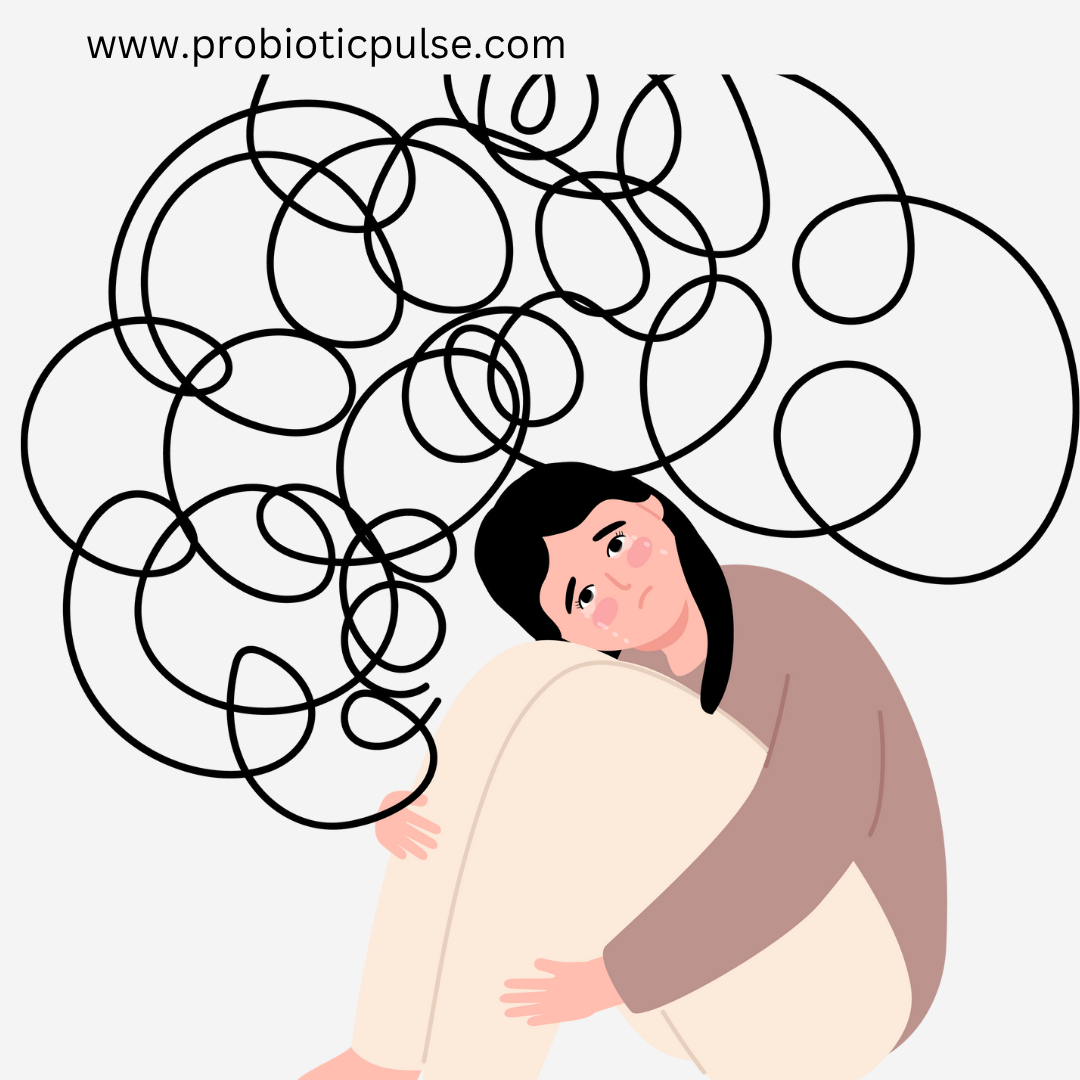Meta Description:
What Diseases Do Probiotics help .How can help manage, from IBS and allergies to depression and infections. Learn about the best strains and clinical evidence.
What Diseases Do Probiotics Help?
Probiotics—live beneficial bacteria—are well-known for supporting digestive health. But research now shows that their benefits extend far beyond the gut. From improving immunity to reducing inflammation, probiotics have shown promise in managing or preventing several diseases.
So, what diseases do probiotics help? Let’s explore the conditions where probiotics may play a healing role, based on current scientific evidence.
How Probiotics Work in the Body
Before diving into specific diseases, it’s helpful to understand how probiotics work:
- Balance gut microbiota: Restores healthy bacteria and reduces harmful microbes
- Strengthen the gut lining: Prevents leaky gut and inflammation
- Regulate the immune system: Enhances defense against infections and autoimmune responses
- Modulate neurotransmitters: Impacts mood and brain function through the gut-brain axis
Diseases and Conditions That Probiotics May Help
1. Irritable Bowel Syndrome (IBS)
Evidence Level: Strong
Probiotics, especially strains like Bifidobacterium infantis and Lactobacillus plantarum, reduce bloating, abdominal pain, and irregular bowel movements in IBS patients.
✅ Recommended strains: B. infantis 35624, L. plantarum 299v
2. Inflammatory Bowel Disease (IBD)
Includes: Ulcerative colitis and Crohn’s disease
Evidence Level: Moderate
Some strains help reduce inflammation and promote remission in ulcerative colitis.
✅ Recommended strains: VSL#3, L. rhamnosus GG
3. Antibiotic-Associated Diarrhea (AAD)
Evidence Level: Very Strong
Probiotics help restore gut flora during or after antibiotic use, preventing diarrhea.
✅ Recommended strains: S. boulardii, L. rhamnosus GG
4. Clostridium difficile Infections
Evidence Level: Strong
Probiotics can help prevent recurrence of C. difficile infections, especially after antibiotics.
✅ Recommended strains: S. boulardii, L. casei
5. Allergies and Eczema
Evidence Level: Moderate
Probiotics taken during pregnancy or early childhood may reduce the risk of eczema and allergies.
✅ Recommended strains: L. rhamnosus GG, B. lactis
6. Depression and Anxiety
Evidence Level: Emerging
Probiotics influence the gut-brain axis, modulating serotonin and other mood-related chemicals.
✅ Recommended strains: L. helveticus R0052, B. longum R0175
7. Urinary Tract Infections (UTIs)
Evidence Level: Moderate
Probiotics may help prevent recurring UTIs by maintaining a healthy vaginal and urinary microbiome.
✅ Recommended strains: L. rhamnosus GR-1, L. reuteri RC-14
8. Obesity and Type 2 Diabetes
Evidence Level: Moderate
Certain strains influence metabolism, insulin sensitivity, and fat storage.
✅ Recommended strains: L. gasseri, B. breve
9. Respiratory Infections
Evidence Level: Moderate
Probiotics may reduce the frequency and severity of colds, especially in children and the elderly.
✅ Recommended strains: L. casei, B. lactis
10. Oral Health Issues
Evidence Level: Emerging
Probiotics may help prevent gum disease, dental caries, and bad breath by balancing oral bacteria.
✅ Recommended strains: L. reuteri, S. salivarius
Diseases Probiotics May Support but Require More Research
- Autism spectrum disorder (ASD)
- Autoimmune diseases (RA, MS)
- Non-alcoholic fatty liver disease (NAFLD)
- Parkinson’s disease
- Colorectal cancer prevention
These areas show promise, but more human studies are needed to confirm effectiveness.
Best Practices for Using Probiotics for Disease Management
1. Choose the Right Strain
Each strain has a specific function. Use strains tested for your condition.
2. Use Clinically Studied Dosages
Look for supplements with at least 10–50 billion CFUs, depending on the condition.
3. Be Consistent
Take probiotics daily for at least 4–8 weeks to see benefits.
4. Store Properly
Refrigerate when needed and avoid heat to maintain potency.
5. Consult Your Doctor
Especially if you have a chronic illness or take immunosuppressants.
Frequently Asked Questions (FAQ)
Can probiotics cure diseases?
No. Probiotics support the body and manage symptoms, but they are not a cure for any disease.
How long should I take probiotics for a chronic condition?
Minimum 4–8 weeks, but some conditions may require long-term use. Consult your healthcare provider.
Are probiotics safe for people with autoimmune diseases?
In most cases, yes—but always consult a physician. Some individuals may need specific strains or avoid others.
Can children take probiotics for disease prevention?
Yes, certain strains are safe and beneficial for kids, especially for allergies, immunity, and digestion.
Do probiotics interfere with medications?
Usually no, but they should be taken 2–3 hours apart from antibiotics. Always check with your doctor.
Final Thoughts
Probiotics offer powerful support for a range of diseases, especially those involving the gut, immune system, skin, and even mental health. While they are not magic pills or cures, they work best as part of a holistic health plan. Choosing the right strain, dose, and using them consistently can make a real difference in managing your health naturally.









